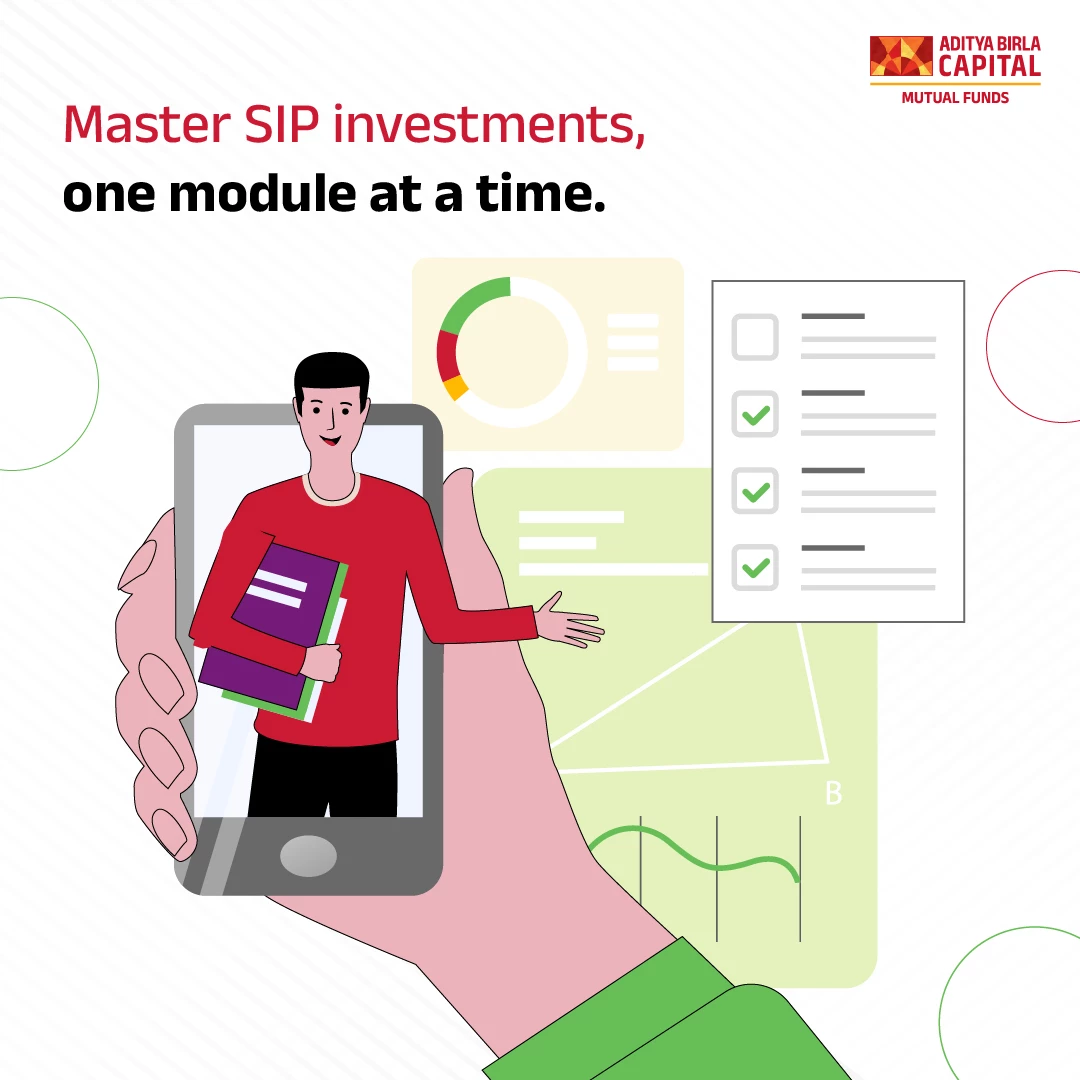For a sizable chunk of the millennial population, leaving the 9-to-5 grind and walking on the path of entrepreneurship is the ultimate dream. While many do taste success after being bitten by the start-up bug, not all are fortunate enough. As opposed to the portrayal of entrepreneurship by mainstream media and pop culture elements in single-toned brush strokes of glamour and influence, running a business is not meant for the faint-hearted. There will be episodes when things look gloomy and the prospects of your business may look worrisome. If you are a business person who is in turbulent waters now, here are a few tips for managing your finances during difficult times:
Don’t dip into your emergency funds immediately:
You may find yourself tempted to tap into your emergency funds to create more wriggle room for yourself and your business but avoid tapping into your emergency funds until it is absolutely unavoidable and you have no other way of accessing capital. Having a solid emergency fund will ensure that you are well-prepared should there be any emergency on the personal front and using those funds to solve your business troubles can leave you and your loved ones without a safety net. Also, falling back on your emergency fund will cause your business financial troubles to seep into your personal finances too, and recovering from both may be harder than simply having to revive your business.
Avoid falling into an unmanageable debt trap:
A healthy working capital reservoir is the backbone of any small business. Ideally, any business should have the working capital equivalent of at least six months worth of expenses. This gives you sufficient leverage to acquire new customers and build more products. However, during periods of financial trouble when your working capital levels are depleted it may be easy to fall into a debt trap. Before taking any loans, you should take into account whether the loan amount is something that you can comfortably pay off. Biting more than what you can chew can prolong your recovery process and eventually, the business would end up losing more money by virtue of having to pay off debts, some of which may carry high-interest rates.
Give short-term recreational goals a miss:
A key element of maintaining sound financial health is having the acumen to prioritize and deprioritize your goals as and when needed. Aspirational, recreational, and material goals constitute a major chunk of our financial plans, especially those in the short and medium term. When things on the business front look uncertain, it may make sense to either postpone or drop the idea of purchasing a new car or gadget or taking a fancy vacation abroad. Funds meant for those goals can be redirected towards your business expenses or for replenishing your working capital and this can help you in bailing your business out sooner.
Refrain from making knee-jerk decisions:
Lean periods in your business can be stressful and it is natural for emotions to run high. You may feel an overwhelming sense of panic and find yourself grappling with multiple possibilities that can alleviate your situation. However, human judgements tend to be biased during moments of desperation and decision-making capabilities suffer a setback. During such phases, you should avoid taking any hasty investment decisions. Not only will you end up losing your investments that you may have painstakingly built over a long period of time, but you may also end up worsening your financial troubles. Time is your biggest ally when it comes to long-term investments and liquidating them without thoughtful consideration may make you lose out on a lot of money.
Try to continue with your investment routine:
Being stuck in a situation where the future seems too unpredictable can throw the routine elements in your life off gear. All your attention may be focused on sailing to the shores safely and you may find it hard to continue with your investment plan. Instead of halting your saving and investment plan, try continuing to invest smaller amounts through SIPs in mutual funds. This way you can continue investing whatever little extra cash you may have and not lose your investment momentum completely. The advantage of investing through SIPs is that you do not need to wait to accumulate a lumpsum amount to invest and the investment can be liquidated with ease too when the need arises. Speak to your financial advisor to decide what funds would be best suited for your goals and risk-taking abilities taking into consideration your income constraints.
An Investor education and Awareness initiative of Aditya Birla Sun Life Mutual Fund
All investors have to go through a one-time KYC (Know Your Customer) process. Investors to invest only with SEBI registered Mutual Funds. For further information on KYC, list of SEBI registered Mutual Funds and redressal of complaints including details about SEBI SCORES portal, visit link : https://mutualfund.adityabirlacapital.com/Investor-Education/education/kyc-and-redressal for further details.
Mutual Fund investments are subject to market risks, read all scheme related documents carefully





 1800-270-7000
1800-270-7000





















